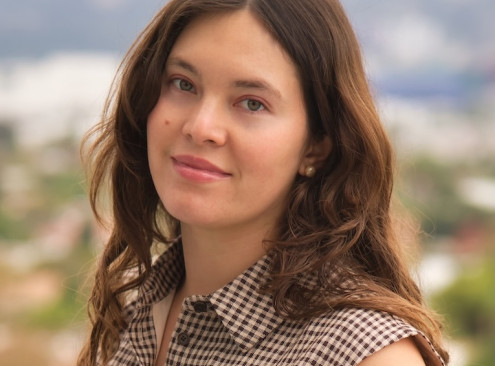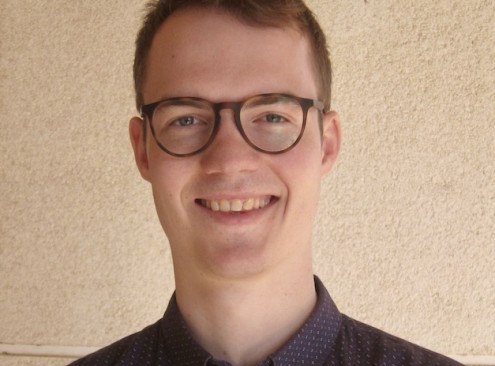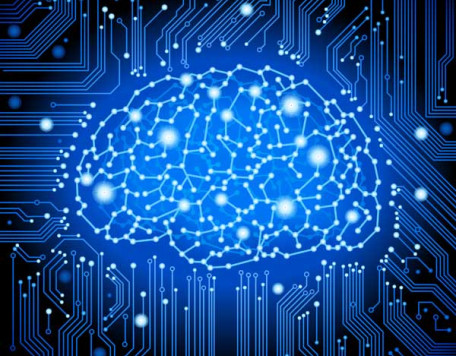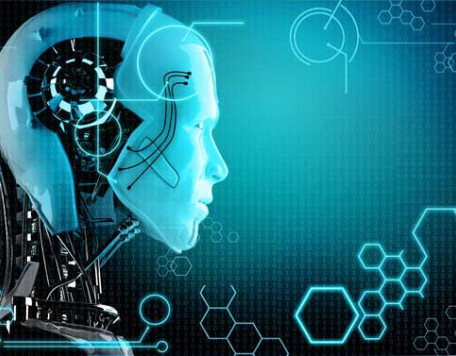© Pint of Science, 2025. All rights reserved.
What can DNA and genetic history reveal about species on the brink, like the nearly extinct Florida panther? And how do microbes – Nature’s inherent recycling experts – adapt to modern chemical waste like artificial sweeteners? Join us in learning how genetics and microbial evolution can help us to respond to ever emerging challenges.
How can DNA help us to protect endangered species?
Diana Aguilar
(Postdoctoral researcher)
Studying the DNA of animals helps understand their history, and ability to adapt. My research focuses on endangered populations and how human activities have impacted their genetic diversity. I study the Florida panther which was nearly extinct in the 1990s, and the Rice’s whale, with fewer than 50 individuals left. By understanding their history and genetics we can better inform conservation efforts.

How bacteria evolve what humans need
Justus Fink
(Postdoctoral Researcher, UCLA)
Humans are excellent at producing waste and yet nature has found a way to recycle most of it. This is true for the compost in the garden and the tanks of microbes in wastewater treatment plants. But how do microbes react if they encounter compounds that are completely novel? Here we will explore the case of the artificial sweetener Acesulfame K, a synthetic chemical, a household ingredient in soda drinks and a test case for how bacteria use the age-old scheme of evolution to deal with ever new forms of human waste.

Map data © OpenStreetMap contributors.
Other Weary Livers events
2025-05-20
Navigating to the Future
Weary Livers
2819 Pico Blvd, Los Angeles (CA), CA 90405, United States
2025-05-21
Reading and rebuilding minds
Weary Livers
2819 Pico Blvd, Los Angeles (CA), CA 90405, United States



